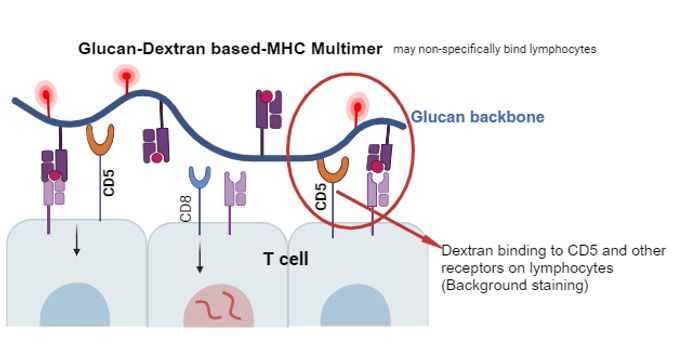Common antibiotic could improve radiation therapy
Have you ever taken the antibiotic vancomycin? As a commonly prescribed antibiotic for colitis and infections caused by Clostridium difficile, vancomycin is not a foreign treatment. But new research suggests it may have even more uses than we previously thought. According to a recent study published in the Journal of Clinical Investigation, taking vancomycin before radiation therapy for cancer could improve the effects of the anti-cancer therapy.
The research was led by senior investigator Andrea Facciabene, Ph.D., who is an associate professor of radiation oncology at the University of Pennsylvania's Perelman School of Medicine in Philadelphia. Conducted on mice, the study shows that the drug changes gram-positive bacteria in the gut, which in turn enhances the immune system so it can fight off tumors more effectively. In other words, since we know that antibiotics alter our gut flora, why not try to manipulate this effect in such a way to create positive conditions for the immune system?
In conducting the study, the researchers gave mice with lung cancer, melanoma, or cervical cancer the antibiotic before exposing them to a type of radiation therapy called hypofractionated radiation (in which an individual is given higher doses of radiation, less frequently). They found that this alteration to the treatment method heightened the antitumor effects of hypofractionated therapy.
"Our study shows that vancomycin seems to boost the effectiveness of the hypofractionated radiation itself on the targeted tumor site while also aiding the abscopal effect, helping the immune system fight tumors away from the treatment site," explains Facciabene.
The abscopal effect refers to the immunological chain reaction that happens as a result of hypofractionated therapy that results in the killing off of distant, nonirradiated tumors as well as localized ones (which is good!).
"Since vancomycin is a widely used clinical agent with a relatively safe profile, these findings raise the potential for utilizing this antibiotic to enhance the effects of [radiation therapy] in [people] with cancer,” concluded Facciabene and her fellow researchers in the study. It is "clear [...] that antibiotics play a role and can potentially impact treatments and outcomes for cancer patients."
"Based on our findings,” continue the authors, “we propose the use of gut modulation in a patient-specific manner in order to translate local antitumor effects of [radiation therapy] into a systemic response that can target metastatic disease.” The next step will be moving their investigations from animal models to human trials.
Sources: Journal of Clinical Investigation, Medical News Today









